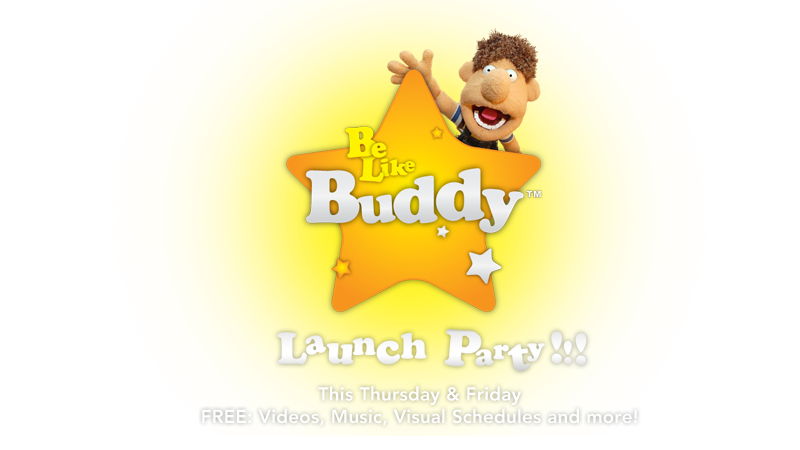 Going through the school system today is harder than ever for our children, especially with the increased pressures of test scores, the lack of recess or gym in many schools, and the barrage of ridiculous standards that seem to be set by social media.
Going through the school system today is harder than ever for our children, especially with the increased pressures of test scores, the lack of recess or gym in many schools, and the barrage of ridiculous standards that seem to be set by social media.
As parent of a child on the Autism Spectrum, I want my son to have the best possible experiences – academically, developmentally, and socially. But when it comes to making friends and fitting in, bullying can be a real threat for him. Especially since he is so sweet and kind by nature and is quick to believe everything at face value.
SIDE NOTE: It is this innocence that also makes your child with Autism a vulnerable target for online predators! Read about our experience with an internet hacker here.
Bullying doesn’t always mean getting beat up for lunch money. It could show up in the form of manipulating my son to perform an action or say something that will get them in trouble in class. It could look like another child coercing him to hand over his dessert every day in exchange for letting him sit next to him. And it most certainly can rear its ugly head with any words that make my child feel like he is somehow less than the other kids around him.
In the first few grades of elementary school, it was easy to explain my son’s differences to his peers. When he covered his ears to block out the painful school bell sound I simply told his classmates that he had super-sonic hearing! When he jumped up and down and couldn’t sit still in circle time I exclaimed that he was exercising his special springy legs for some Mario power jumps later on. Little tricks like that were accepted.
Now my child is 11, wears men’s medium clothes and sports a mustache. It’s not as easy to step in and offer plausible explanations for some of his quirks. He needs real tools and strategies that can help, not a helicopter mom following him around ![]()
What does work?
In Growing Up on the Spectrum: A Guide to Life, Love, and Learning for Teens and Young Adults with Autism and Asperger’s, Dr. Lynn Kern Koegel and Claire LaZebnik offer some practical suggestions for helping your child on the spectrum feel safe in every environment. Here are a few of our favorites:
Checking in. If your child is at the age when he doesn’t want a parent around at school, making a point of dropping off that missed homework or forgotten lunch at a social time of day (such as lunch) will help you understand how your child is faring in his social interactions and may give you some hints about what social skills you need to work on at home.
After school clubbing. Help your child get involved in a club, even if you have to start it yourself. It will give your child the opportunity to interact with peers who have similar interests. What is your child really good at? Can he teach or demonstrate those gifts to his peers? Make it happen!
Party time. Have short get-togethers or parties that are structured around an activity. We have had tons of fun with a short “Make Your Own Pizza Bagel” party (I cut out sliced cheeses in the shape of Super Mario characters to go on top of the mozzarella) or “Design Your Own Pokemon” party with simple index cards and markers. Now that he is older we have Minecraft and Wii-U gatherings.
Buddy system. Find a peer buddy who will help your child safely get to classes. Recruit some kind-hearted kids to be a buddy to your child and accompany him through the hallways.
Educate them. Teach the students at your child’s school about disabilities. Even with a special needs department and inclusion programs in many schools, there is still a staggering lack of training and understanding. It shouldn’t stop with the teachers and staff. If peers are made aware of your child’s challenges and how he’s struggling to overcome them, they’ll be far more likely to lend him a hand.
Lessons about how to be a friend. There are a lot of ways that you can teach your child to make and maintain friendships. Sharing is one. Asking questions is another. Good phone and electronic etiquette are essential. If your child is on the spectrum, she may need help with these areas. I know mine does!
Multiple choice responses. There are times when the best response to a bully is ignoring them and there are other times when standing up to a bully may be the only option. Many schools have mediators who can tackle the situation from both sides. Use social stories to teach your child how to differentiate appropriate responses based on the situation at hand. My son responds to code systems when it comes to choosing appropriate responses. We have code words and numbers for almost every emotion and typical responses to certain situations.
How about you? What strategies do you use to avoid or address bullying with your child?
Share by commenting below or posting your thoughts on our Facebook page!






